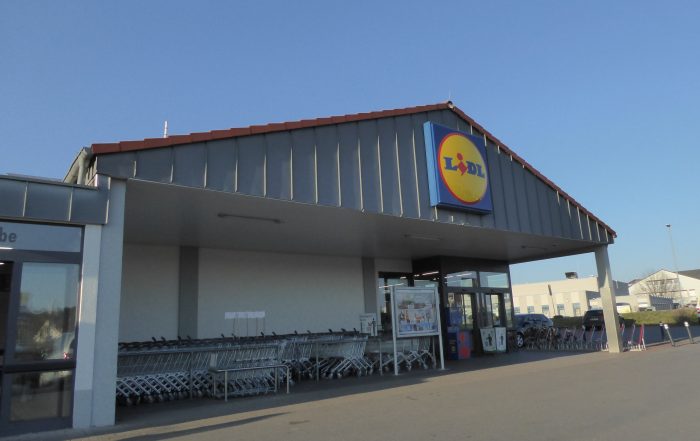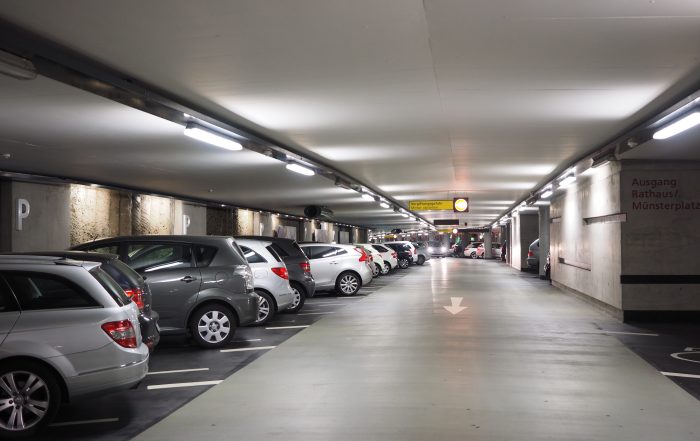Trend Report DIY Stores 2016
In 2012, DIWG valuation published its first Trend Report on current market developments in DIY (Do-It-Yourself) stores – a topic which, at best, is discussed only marginally (or not at all) in German retail property market reports. For the first time, the key performance indicators of the main competitors were published as well as the normal range of market rents. Since that time, the German DIY market has changed significantly. The collapse of Praktiker and Max Bahr has not only led to a streamlining of the branch network, but has had very different regional effects on the density of sales areas in DIY stores. In addition to an analysis of the current market situation and description of the most important market players, this Trend Report also deals with the rental and investment market. Moreover, a detailed description of the characteristics and factors which influence the valuation of DIY-stores is included.
Of the approximately 2,198 DIY stores in Germany in 2014 about 60 % were operated by the six largest providers Obi, toom / B1, Hagebau, Bauhaus, Hornbach and Globus. Not least as a result of the takeover of locations from the crashed chains Praktiker and Max Bahr the branch network of the leading providers further increased within the last years.
The area productivity of DIY stores is quite low compared to other retail types. At the beginning of 2016, the average area productivity of German DIY stores was 1,460 €/m². Compared to the prior year, this represents a decrease of almost 3 %. However, in the longer term a slight increase is expected. In comparison, the leading German full-range food retailers currently achieve an average space turn-over of 4,650 €/m². Leading food discounters reach an even higher average of 6,570 €/m². Rents of the DIY stores recorded by DIWG valuation are, on average, 6.71 €/m². The range (90 % dispersion interval) is between 2.75 and 11.18 €/m².
While the demand for DIY stores initially declined noticeably during the financial crisis and, due to the failure of Praktiker and Max Bahr almost completed collapsed, investors are once again focusing on DIY stores as an asset class. Due to constantly increasing demand, since 2013 yields are still in decline. At the moment, there is no foreseeable end to this trend.
For further information, request the Trend Report DIY Stores 2016 for free
Error: Contact form not found.









